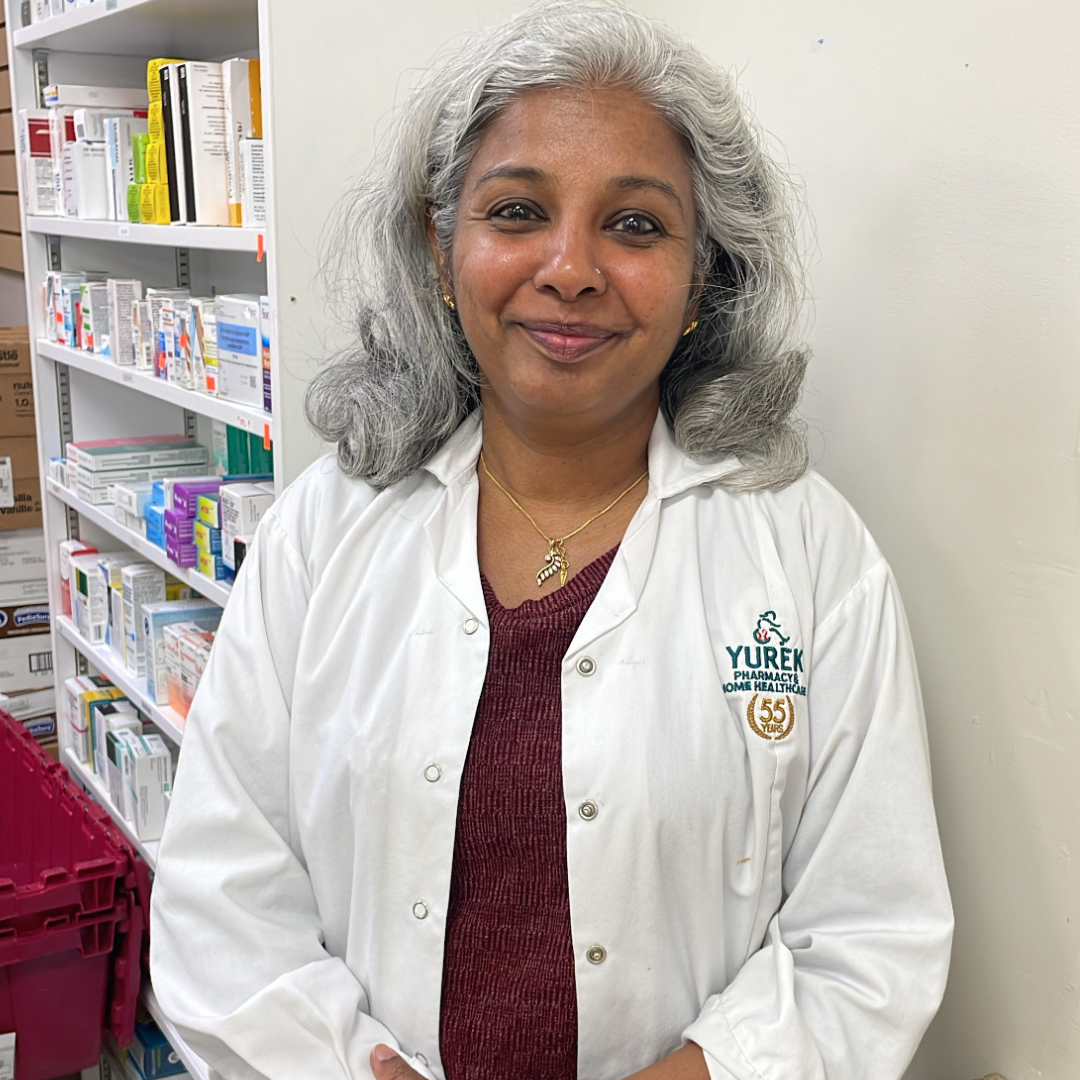Steve Bond, BScPhm, RPh, CDE, FASCP
Eric Esch aka “Butterbean” was an American boxer who could take a tremendous number of blows but would eventually outlast his competitors. He wasn’t the most skilled athlete, but over a 4-round bout, he could take a beating and only needed 1 or 2 punches to eventually knock out the competition. Our liver is like the butterbean of the body; it is a large, tough organ that can take a beating and rarely complains until it is severely damaged. March is Liver Health Month.
Often people think of liver disease as it relates to alcohol consumption. Alcohol-induced liver disease is only one of 100 different forms of liver disease. You can be born with liver disease, be exposed to medications or toxins and develop it from what you eat or drink. In fact, Non-Alcoholic Fatty Liver Disease (NAFLD) is the most common form of liver disease, affecting 7 million people.
The most common cause of NAFLD is obesity, which is a major concern since 30% of Canadians have height and weight measurements that classify them as significantly overweight or obese. That’s a large part of the population who are at risk for liver disease! Other causes include starvation and protein deficit, rapid weight loss, and intestinal bypass surgery.
NAFLD usually has no symptoms. Some people may experience unexplained fatigue or pain in the upper right side of the belly where the liver is. To diagnose it, your doctor or nurse practitioner will do a comprehensive medical history along with blood work and scans such as ultrasound. A liver biopsy (removing a part of the liver with a needle) may be ordered depending on the risks.
If unresolved, NAFLD can lead to a more serious form known as Non-Alcoholic Steatohepatitis (NASH) which can produce scarring on the liver and even cirrhosis.
Currently, the best choice for Fatty Liver focuses on lifestyle modification. Avoid alcohol and excessive fat and sugar in the diet. Being physically active and getting adequate sleep are also important steps. Clinical trials are ongoing for treatment for NAFLD and NASH, but these are still years away. For now, the best advice is to take care of ourselves, and each other.







